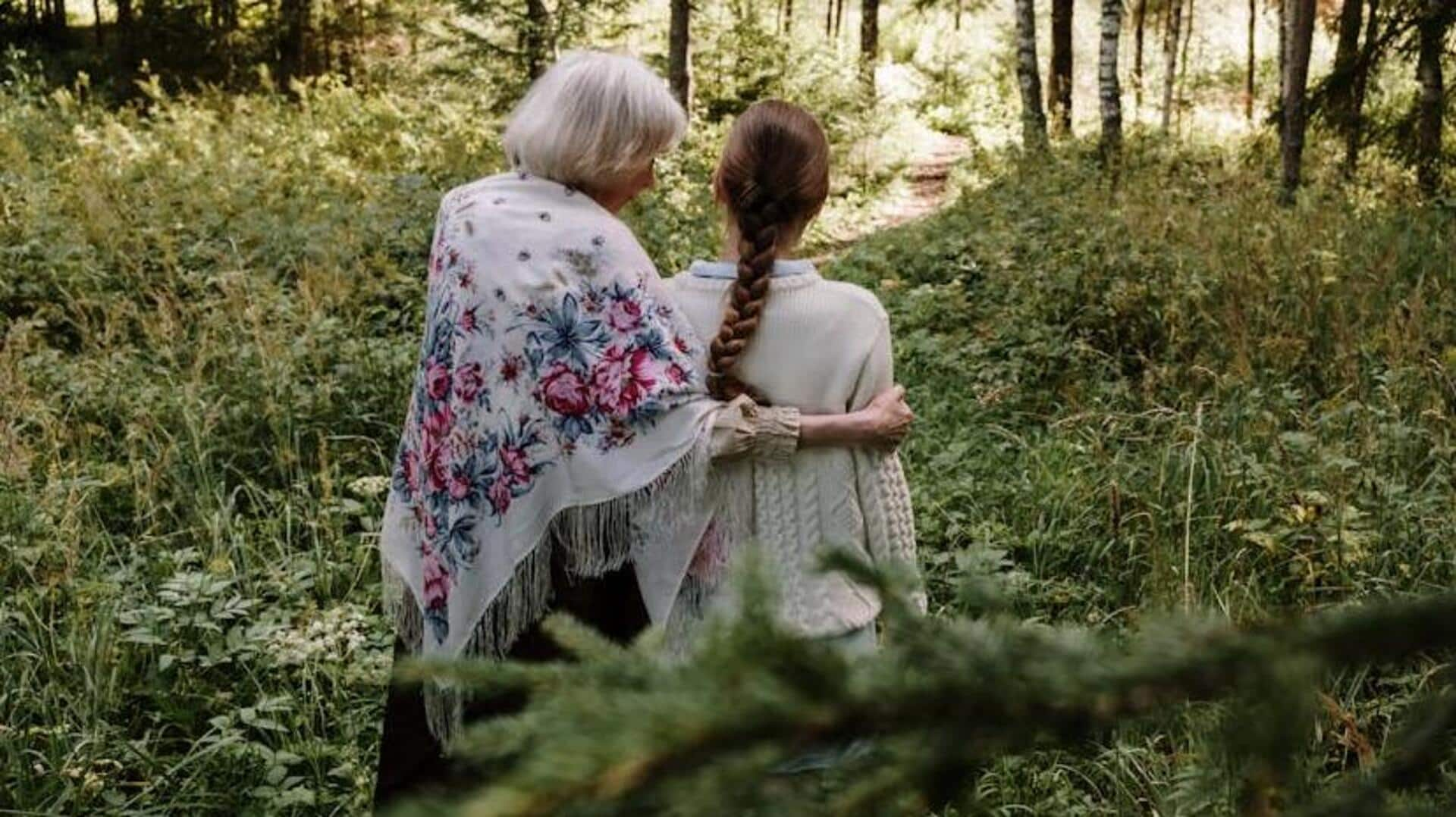
The whispers of nature: Forest bathing in Japanese culture
What's the story
Forest bathing, or Shinrin-yoku, is a fundamental aspect of Japanese wellness culture, promoting the healing power of nature. Established in the 1980s as an antidote to urban stress and technology burnout, this practice revolves around immersing yourself in the forest environment. It's not simply a casual stroll, but a mindful journey, utilizing all five senses to harness the forest's restorative energy.
Mindfulness
Embracing silence and mindfulness
In forest bathing, silence isn't empty; it's full of mindfulness. Participants are asked to attune themselves to nature's whispers—the rustling leaves, the babbling brooks, the far-off birdsong. This practice is proven to lower stress levels dramatically, fostering a sense of mental clarity and calm. Research indicates that even two hours of such an experience can result in improved mood and decreased anxiety.
Healing air
The science behind forest air
Forests release phytoncides, which are natural oils from trees and plants. These oils significantly improve immune system function by increasing the number of natural killer cells, which play a key role in fighting off infections and diseases. Practicing forest bathing and breathing in this air helps to maintain physical health, and it also adds to the mental wellness that comes from mindfulness practices.
Physical health
A pathway to physical wellness
Forest bathing isn't just a mental health activity; it's a powerful physical health booster. Regular forest bathers have lower blood pressure, improved heart rate variability, and reduced cortisol (stress hormone) levels. The light exercise involved in walking through forests promotes heart health and helps maintain a healthy weight. These physical benefits go hand-in-hand with the mental well-being gained from practicing mindfulness in nature.
Daily practice
Integrating forest bathing into daily life
Making forest bathing a part of your daily life doesn't mean you have to move next to a national park. Even small urban green spaces or a backyard garden can become a mini sanctuary from the city's hustle and bustle. By dedicating time each week for this practice, you can sustain its benefits long-term, nurturing a deeper connection with nature no matter where you are.
Getting started
Tips for first-time forest bathers
If you're a beginner at forest bathing, it's important to start small. Kick things off with brief 15-minute sessions in a nearby park or forest, concentrating on deep breathing and immersing yourself in the sights, sounds, and scents around you - leave your phone and camera behind. As you get more accustomed to the tranquility and solitude of nature, you can slowly extend the duration.